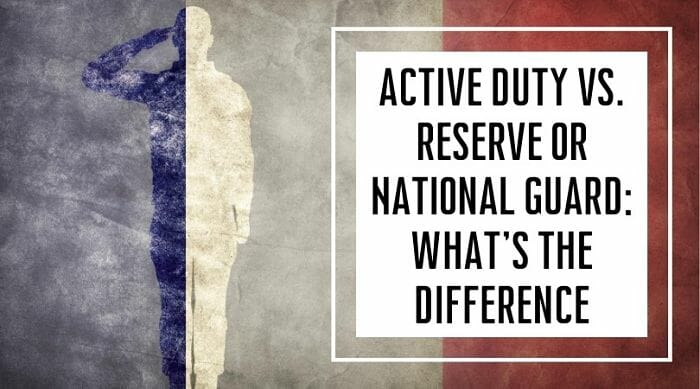Air Force Secretary
Updated: December 24, 2022
The Secretary of the United States Air Force serves the Department of Defense as the senior Air Force leader reporting to the Secretary of Defense.
The Secretary of the Air Force, sometimes also known as the Secretary of the Department of the Air Force, is the chief executive officer of the Air Force and the United States Space Force. This non-cabinet-level civilian is responsible for the functions and readiness of both Space Force and the Air Force.

All branches of military service were placed under the control of the newly-established position of Secretary of Defense including the Air Force.
The first Secretary of the Air Force was Stuart Symington, sworn in on Sept. 18, 1947. But before that swearing in could happen, important changes needed to be made in the structure of the federal government.
In 1949, the National Military Establishment was re-branded as the Department of Defense. The Secretary of the Air Force and other service secretaries would operate below the cabinet level, which was a change from previous roles for the military service secretaries.
The Office Of The Secretary of the Air Force
The Secretary of the Air Force’s office is responsible for acquisition and auditing, financial management, inspector general matters, legislative affairs, and public affairs within the Department of the Air Force.
The office is one of three Air Force headquarters–the other two are the Office of the Chief of Space Operations and the Air Staff office.
The Office of the Secretary of the Air Force includes the Under Secretary of the Air Force and two deputy under secretaries–one for international affairs and one for space programs. It also includes the following:
- Assistant Secretary of the Air Force for Acquisition, Technology and Logistics
- Assistant Secretary of the Air Force for Financial Management and Comptroller
- Assistant Secretary of the Air Force for Installations, Environment and Energy
- Assistant Secretary of the Air Force for Manpower and Reserve Affairs
- Assistant Secretary of the Air Force for Space Acquisition and Integration
- General Counsel of the Department of the Air Force
- Inspector General of the Air Force
- Chief of Legislative Liaison
- Administrative Assistant to the Secretary of the Air Force
- Auditor General of the Department of the Air Force
- Air Reserve Forces Policy Committee
Selection of the Secretary Of The Air Force
Instructions for selecting the Secretary of the Air Force are found in Title 10, United States Code, which includes the following:
“There is a Secretary of the Air Force, appointed from civilian life by the President, by and with the advice and consent of the Senate.” The Air Force Secretary, “shall, to the greatest extent practicable, be appointed from among persons most highly qualified for the position by reason of background and experience, including persons with appropriate management or leadership experience.”
In the same section of the United States Code, there is an important rule. Candidates for Air Force Secretary, “may not be appointed as Secretary of the Air Force within five years after relief from active duty as a commissioned officer of a regular component of an armed force.”
Responsibilities Of The Secretary of the Air Force
The duties of the office of Secretary of the Air Force found in Title 10 of the United States Code. They include, but are not limited to:
- Recruiting
- Organizing
- Supplying
- Equipping (including research and development)
- Training
- Servicing
- Mobilizing
- Demobilizing
- Administering (including the morale and welfare of personnel)
- Maintaining
- The construction, outfitting, and repair of military equipment
- The construction, maintenance, and repair of buildings, structures, and utilities and the acquisition of real property
There are other duties including the creation of “policies and programs by the Department of the Air Force that are fully consistent with national security objectives and policies established by the President or the Secretary of Defense”.
The Air Force Secretary must ensure “timely implementation” of programs and budget decisions that affect how the Air Force operates.
The service secretary is also tasked with, “effective cooperation and coordination between the Department of the Air Force and the other military departments and agencies of the Department of Defense to provide for more effective, efficient, and economical administration and to eliminate duplication”.
 Joe Wallace is a 13-year veteran of the United States Air Force and a former reporter for Air Force Television News
Joe Wallace is a 13-year veteran of the United States Air Force and a former reporter for Air Force Television News
| Related Articles | |
| Secretary of Defense | Secretary Of The Army |
| Military Ranks & Insignia Charts | The Pentagon |
| United States Space Force (USSF) | Continuity of Operations (COOP) |
Most Popular Military Careers Articles

FBI Agent vs. CIA Officer: What’s the Difference?

Space Force Careers

How to Become a Military Doctor































































